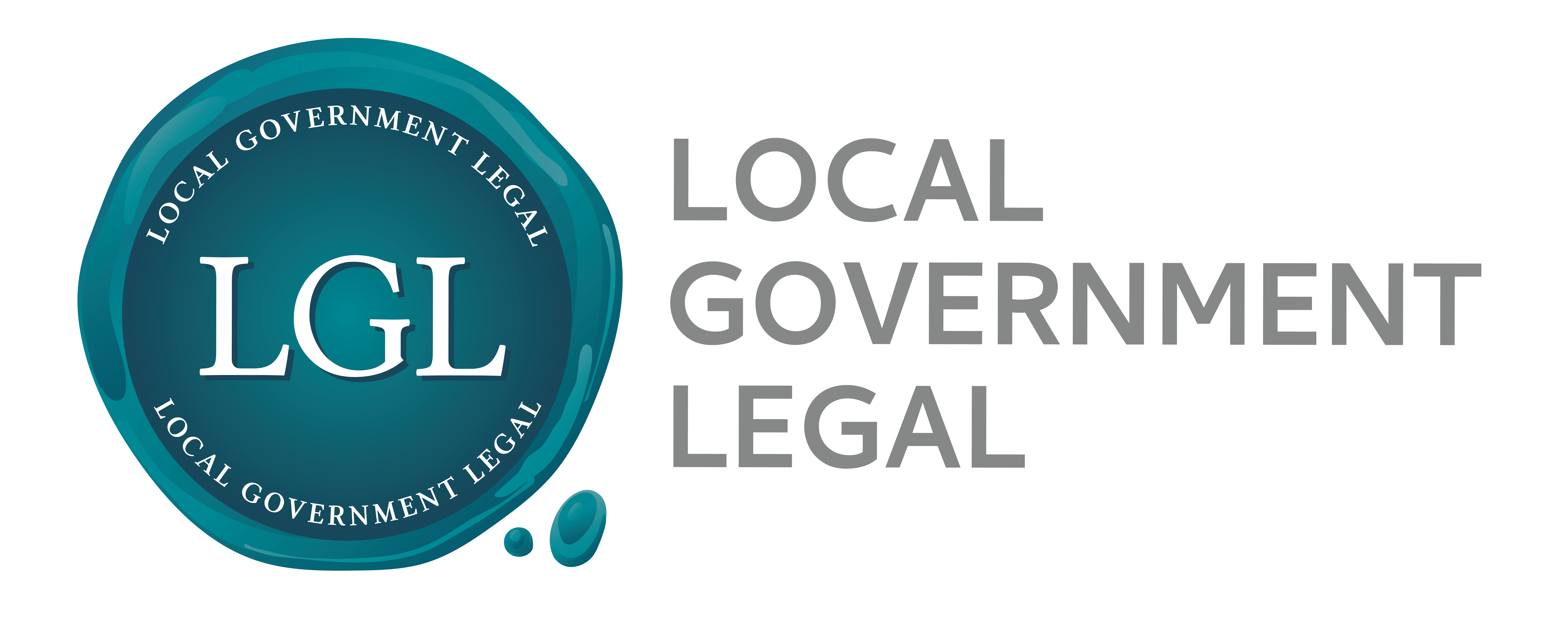On 20 June 2012 the High Court of Australia in Williams v Commonwealth of Australia [2012] HCA 23 (the “Williams case”) held that the Darling Heights Funding Agreement (the “Contract”) between the Commonwealth of Australia and the Scripture Union Queensland (a private service provider), and expenditure by the Commonwealth under that contract, for the delivery of chaplaincy services into schools operated by the Queensland State Government was invalid and unlawful by reason that the Contract and the making of the payments was beyond the executive power of the Commonwealth of Australia under section 61 of the Commonwealth Constitution.
Summary of judgment
The plaintiff, Ronald Williams, called into question the validity of the Contract, and expenditure by the Commonwealth of Australia under the Contract. Mr Williams claim concerned the provision of chaplaincy services in the Darling Heights State School in Queensland, at which his children are students. Although the expenditure was said by the Commonwealth of Australia to have met the necessary condition of a parliamentary appropriation for each year in which it had been made, no Act of Parliament conferred power on the Commonwealth to contract and expend public money in this way. The Commonwealth of Australia relied upon the executive power under section 61 of the Constitution, which provided:
“The executive power of the Commonwealth is vested in the Queen and is exercisable by the Governor-General as the Queen’s representative, and extends to the execution and maintenance of this Constitution, and of the laws of the Commonwealth.”
The 7 justices of the High Court of Australia delivered 6 separate judgments. The Court in a 6:1 decision held that the Contract and expenditure by the Commonwealth under the Contract was invalid and unlawful by reason that the Contract and the making of the payments was beyond the executive power of the Commonwealth of Australia. A majority of the Court held that the Commonwealth of Australia does not have executive power to enter into contracts and spend public money on programs, without legislative authority.
Chief Justice French stated (our emphasis):
“For the reasons that follow, s 61 does not empower the Commonwealth, in the absence of statutory authority, to contract for or undertake the challenged expenditure on chaplaincy services in the Darling Heights State School. That conclusion depends upon the text, context and purpose of s 61 informed by its drafting history and the federal character of the Constitution. It does not involve any judgment about the merits of public funding of chaplaincy services in schools. It does not involve any conclusion about the availability of constitutional mechanisms, including conditional grants to the States under s 96 of the Constitution and inter-governmental agreements supported by legislation, which might enable such services to be provided in accordance with the Constitution of the Commonwealth and the Constitutions of the States. Nor does it involve any question about the power of the Commonwealth to enter into contracts and expend moneys:
- in the administration of departments of State pursuant to s 64 of the Constitution;
- in the execution and maintenance of the laws of the Commonwealth;
- in the exercise of power conferred by or derived from an Act of the Parliament;
- in the exercise of powers defined by reference to such of the prerogatives of the Crown as are properly attributable to the Commonwealth;
- in the exercise of inherent authority derived from the character and status of the Commonwealth as the national government.
What is rejected in these reasons is the unqualified proposition that, subject to parliamentary appropriation, the executive power of the Commonwealth extends generally to enable it to enter into contracts and undertake expenditure of public moneys relating to any subject matter falling within a head of Commonwealth legislative power.[1]”
Accordingly, the Williams case has implications for Commonwealth contracts and expenditure not specially authorised by legislation. Furthermore, the limits on the Commonwealth Executive’s capacity to contract and to spend demonstrate that, despite recognised exceptions, expenditure by the Commonwealth Executive will often require statutory authority beyond appropriation Acts[2].
The High Court of Australia however did not answer the question of whether Commonwealth expenditure that is not within the Commonwealth executive power could be lawful if specific legislation that authorised the expenditure was enacted under one of the heads of the Commonwealth’s legislative power in the Constitution.
Note: This information is not to be relied upon as legal advice.
[1] Williams v Commonwealth of Australia [2012] HCA 23 at [4] per French CJ
[2] Ibid, at [534] per Crennan J
